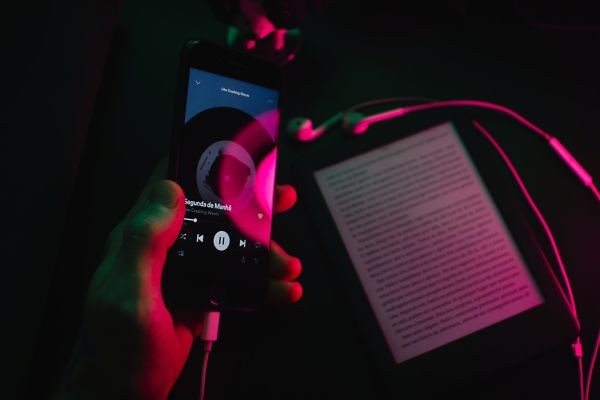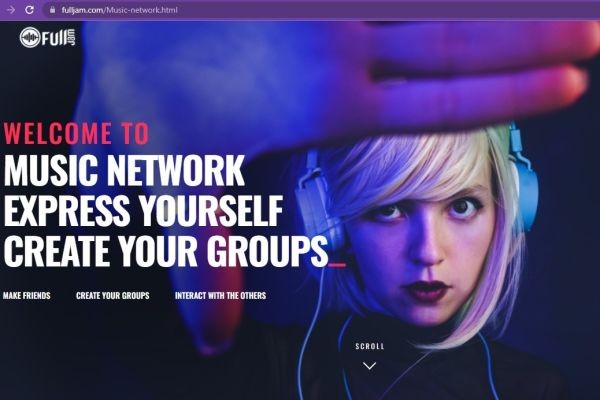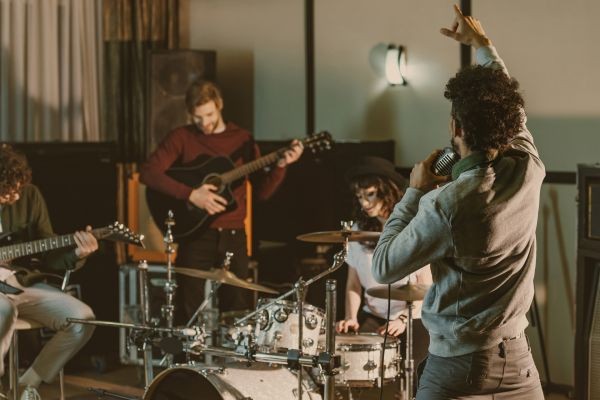Revolutionizing the New Music Industry
07/14/23 • 1,986 Views
The music industry is undergoing a transformative revolution with the emergence of Artificial Intelligence (AI). As technology continues to evolve, musicians are discovering innovative ways to create, produce, and distribute music. In this article, we delve into the impact of AI on the new music industry, exploring how it is reshaping the creative process, enhancing productivity, and captivating audiences. Join us on this exciting journey as we uncover the immense potential of AI in music creation.
AI-generated Music:
AI is revolutionizing music creation by generating original compositions through complex algorithms. Cutting-edge AI models analyze vast databases of musical patterns, styles, and genres to create unique compositions that can rival human creativity. This fusion of human and machine intelligence opens up new avenues for musicians to explore uncharted sonic landscapes and push the boundaries of musical expression.
Enhanced Music Production:
AI tools and software are empowering musicians with powerful production capabilities. From intelligent music composition to automated mixing and mastering, AI streamlines the production process, enabling musicians to bring their ideas to life with greater efficiency and precision. These tools enhance sound design, arrangement, and post-production, elevating the overall quality of music projects.
Personalized Music Recommendations:
AI algorithms are transforming the way music is discovered and consumed. Streaming platforms utilize AI-driven recommendation systems to curate personalized playlists, introducing listeners to new artists and genres based on their preferences. Musicians can leverage this technology to reach a targeted audience and connect with listeners who appreciate their unique style.
Collaborative Possibilities:
AI-powered platforms are fostering new forms of collaboration in the music industry. Musicians can collaborate remotely, exchanging ideas, tracks, and melodies across different locations, leveraging AI-based tools to enhance the collaborative process. Real-time feedback, virtual jam sessions, and shared project files enable seamless collaboration, bridging distances and unlocking new creative potentials.
Music Copyright Protection:
AI plays a vital role in safeguarding the rights of musicians. Copyright infringement has been a longstanding concern in the digital era, but AI-driven systems can detect unauthorized use of music and protect intellectual property. With advanced audio fingerprinting technology and machine learning algorithms, AI can identify and monitor unauthorized use of copyrighted material, ensuring fair compensation for musicians and creators.
Live Performances and Audience Interaction:
AI has also found its place in live music performances. From AI-powered virtual bandmates to interactive stage visuals, technology enables musicians to create immersive and unforgettable live experiences. AI algorithms can analyze real-time audience feedback and reactions, adapting the performance dynamically to engage and captivate the crowd.
Music Marketing and Promotion:
In the era of digital marketing, AI provides valuable insights and tools for musicians to promote their music effectively. AI algorithms analyze vast amounts of data to identify target demographics, optimize advertising campaigns, and refine marketing strategies. Musicians can leverage AI-powered analytics to gain a deeper understanding of their audience and make data-driven decisions to maximize reach and engagement.









